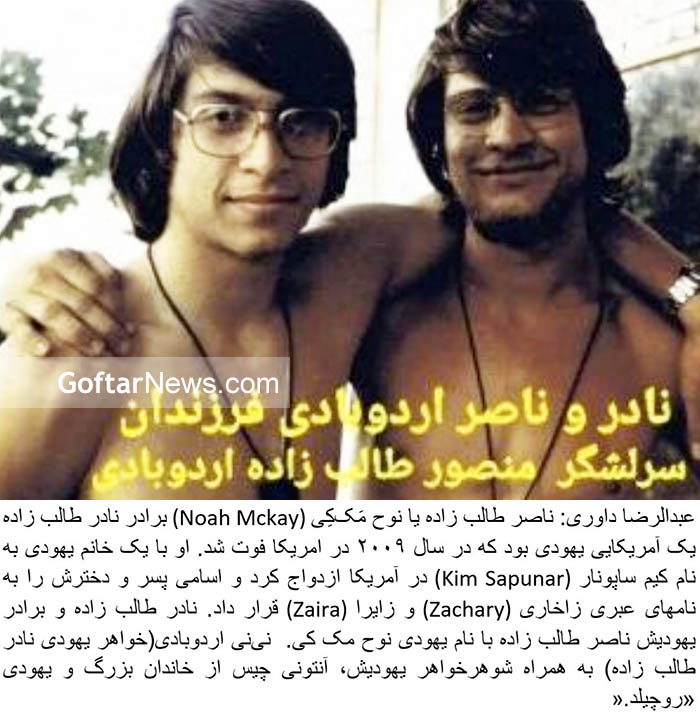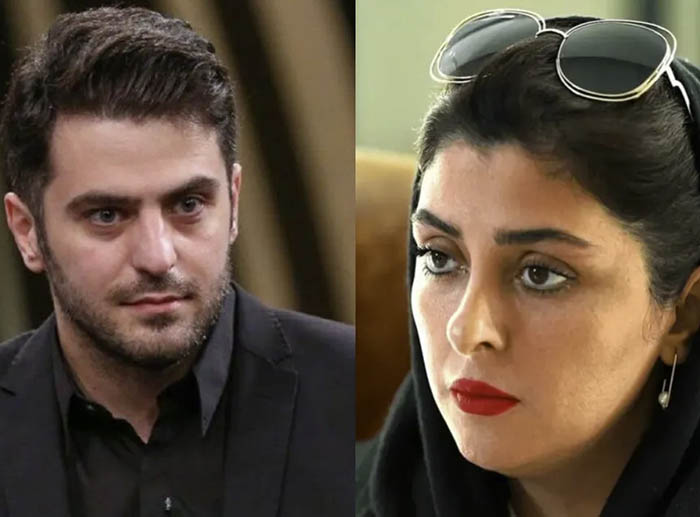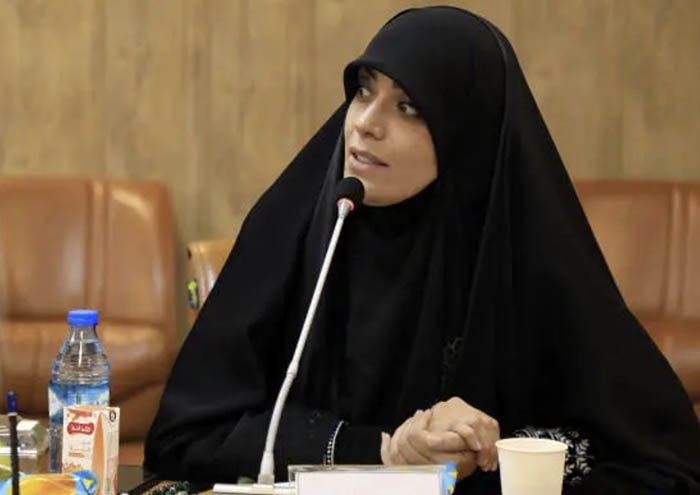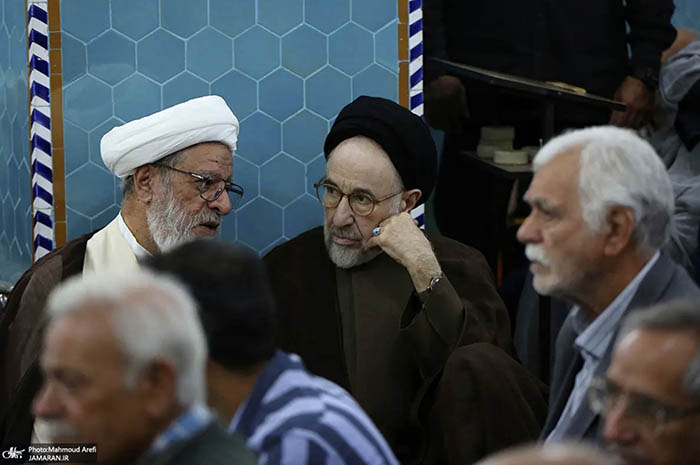Unveiling Nader Talebzadeh and Nasser Talebzadeh’s Jewish Heritage: The Impact of Family Legacy on Their Lives

Introduction
The Talebzadeh family’s history is intertwined with intriguing narratives surrounding identity, faith, and politics. Nader Talebzadeh, an influential Iranian journalist and filmmaker, and his brother Nasser Talebzadeh, known by his American name Noah McKay, have garnered attention not only for their professional endeavors but also for their purported Jewish heritage. This article delves into their family background, including claims made by Abdolreza Davari regarding their Jewish origins, and how this element of their heritage shapes public perception and individual identity.
Early Life of the Talebzadeh Brothers
Nader Talebzadeh was born in either 1953 or 1954 in Tehran, Iran. His family had a notable history; his father, Mansour Talebzadeh Ordoubadi, served as a general officer in the Imperial Iranian Army. There are various claims regarding his father’s involvement in the pivotal 1953 Iranian coup d’état that overthrew Prime Minister Mohammad Mosaddegh, a claim Nader has consistently denied.
Nasser Talebzadeh, who later adopted the name Noah McKay while living in the United States, shared a similar upbringing. The brothers were deeply influenced by their family’s narrative, one that developed amid national and personal upheaval.
The Future of the Talebzadeh Legacy
Ensuring Continued Dialogue
As conversations about identity, culture, and heritage evolve, the legacy of the Talebzadeh brothers continues to be relevant. Their narratives offer insights into the complexities of modern identities shaped by historical, personal, and cultural influences.
Public figures like Nader Talebzadeh can impact future discourses surrounding nationalism and identity politics, particularly in how they frame conversations about Iran’s place in the modern world. Meanwhile, Nasser’s experiences serve as a reminder of the challenges faced by immigrant communities in balancing old identities with new realities.
Engaging Future Generations
For future generations, the stories of Nader and Nasser Talebzadeh offer an opportunity to engage in meaningful dialogues about identity, belonging, and the challenges of navigating dual heritages. By fostering discussions within intercultural settings, we can create spaces where diverse identities are celebrated rather than scrutinized.
As we reflect on these themes, it becomes evident that the narratives surrounding the Talebzadeh family are not merely personal—they encapsulate larger societal conversations that resonate across borders. The journey of understanding one’s identity is ongoing, shaped by both the past and the present.




